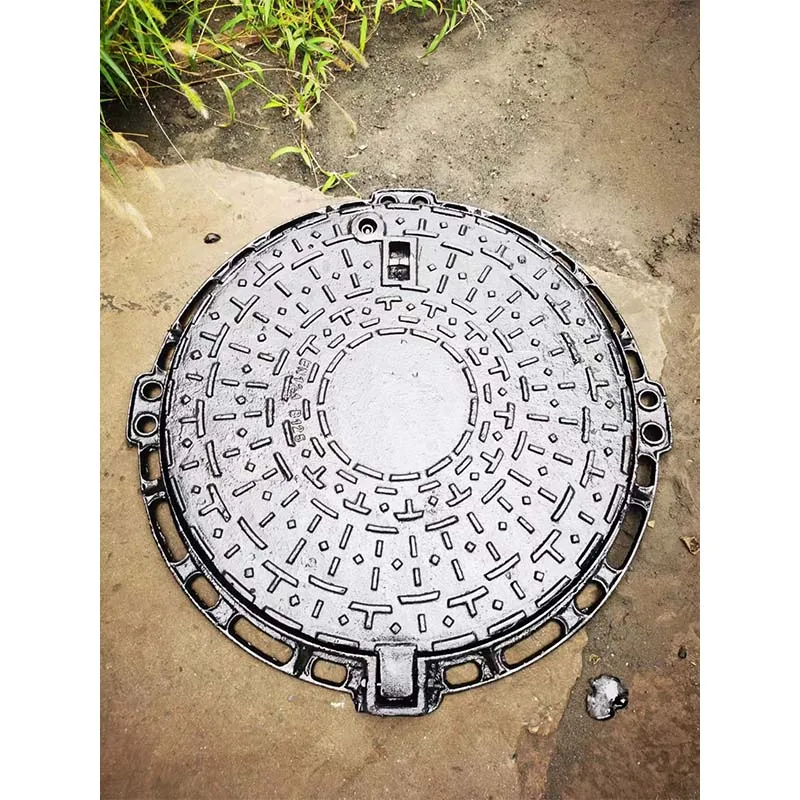gate valve for water pump
The Importance of Gate Valves in Water Pump Applications
Gate valves play a crucial role in the functioning of water pumps and other fluid control systems. As a type of valve that opens and closes by lifting a rectangular or circular gate, these devices are widely employed in various industries, including water supply, wastewater management, and irrigation. This article will discuss the significance of gate valves in water pump applications, including their design, advantages, and considerations for selection.
Design and Functionality
Gate valves are designed to provide minimal flow resistance when fully open, allowing for an unobstructed flow of water through the pump system. This feature makes them particularly suitable for applications where a straight flow path is essential. The simplicity of their design contributes to their effectiveness; they typically consist of a body, a gate, and an actuator, which can be manually operated or automated.
One of the key design aspects of gate valves is the type of stem mechanism used. While rising stem gate valves have a stem that moves upward as the valve opens, non-rising stem gate valves feature a stem that remains in place while the gate itself moves. The choice between these types often depends on operational space and the specific requirements of the system.
Advantages of Gate Valves
1. Low Flow Resistance When fully opened, gate valves offer minimal obstruction to the flow of water, allowing for efficient pump operation and reducing energy consumption.
2. Durability Made from various materials such as cast iron, stainless steel, or PVC, gate valves are designed to withstand high pressures and corrosive environments, making them suitable for a wide range of applications.
3. Sealing Capability Gate valves provide good sealing capacities, preventing leaks when closed. This is particularly important in water pump systems, where leaks can lead to significant operational issues and wastage.
4. Ease of Maintenance Gate valves are relatively easy to maintain and service. Most gate valves can be repaired rather than replaced, which can lead to cost savings over time.
gate valve for water pump

Considerations for Selection
When selecting a gate valve for water pump applications, several factors should be considered
- Fluid Characteristics Understanding the properties of the fluid, including temperature, pressure, and chemical composition, is crucial for selecting the appropriate valve material and design.
- Size and Flow Rate The size of the valve must match the pump's specifications to ensure optimal flow rates and prevent operational issues.
- Installation Space Consideration of installation space is essential, particularly when opting for non-rising stem gate valves, which require less vertical clearance.
- Actuation Method Depending on the application, a manual or automated actuation method may be preferred. Automated valves can offer enhanced control over water flow and can be integrated into existing pump control systems.
Conclusion
In summary, gate valves are a vital component in the operation of water pumps, offering efficient flow control, durability, and ease of maintenance. By understanding their design and benefits, and by carefully selecting the appropriate valve for specific applications, engineers and operators can ensure effective water management in various systems. The right gate valve not only enhances the efficiency of water pumps but also contributes to the longevity and reliability of the overall water distribution network.
-
The Smarter Choice for Pedestrian AreasNewsJun.30,2025
-
The Gold Standard in Round Drain CoversNewsJun.30,2025
-
The Gold Standard in Manhole Cover SystemsNewsJun.30,2025
-
Superior Drainage Solutions with Premium Gully GratesNewsJun.30,2025
-
Superior Drainage Solutions for Global InfrastructureNewsJun.30,2025
-
Square Manhole Solutions for Modern InfrastructureNewsJun.30,2025
-
Premium Manhole Covers for Modern InfrastructureNewsJun.30,2025
